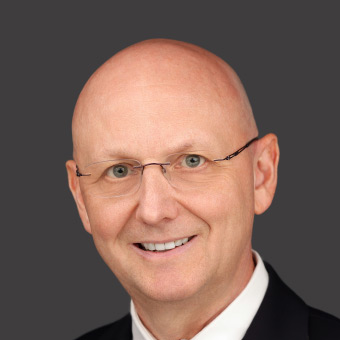In a recent Gallup poll, 77 percent of Americans described their country as divided. Divergent views on matters such as police conduct, transgender identity and health care dominate the headlines.
With division so deep, many Americans are searching for new ideas to bridge the divide. The hunt for a solution should not take long because a suitable, if hoary and forgotten, political principle exists: federalism.
Federalism, the division of power between the peripheries and center, is a venerable institution. Some scholars trace it back to the Israelite commonwealth with its federation of tribes and governing covenants.
The American experience with the Articles of Confederation and the Constitution of 1787 marked a rebirth.
Through a careful division of authority between the federal and state governments, our forefathers demonstrated that small political units could join together for common goals such as defense and trade, yet govern their own internal affairs.
Unfortunately, modern America abandoned this federalist legacy and opted for a one-size-fits-all national solutions to what often are local problems. Consequently, as the 2016 presidential election demonstrated, a contest to set policy for the entire nation turns ugly and often brings out the worst in the politicians and people.
Although much has changed in the last 230 years, federalism remains viable for a number of practical reasons.
Federalism permits 50 laboratories of democracy to experiment with various policies. For example, if State X wanted to provide a free college education to all citizens, the other 49 could observe the effects on State X’s economy, quality of education and costs of education.
If the plan proved efficacious, the other states could emulate it or adopt another plan. If the plan proved to be a disastrous intervention in the education marketplace, the other 49 could decide to leave higher education to the private sector.
Nationwide plans and programs simply roll the dice for all 318 million people in the United States and hope they get things right.
State legislators are more easily monitored and censured than members of Congress because they are closer to the people. Members of Congress are separated from their constituents and give up their occupations when they enter office.
They spend most of their time in Washington, do not feel the bite of unwholesome laws in their daily affairs and are not close at hand to witness their constituents’ agitation. True accountability can only be maintained at the state and local level.
The framers rightly feared that the concentration of power would lead to arbitrary government. “The accumulation of all powers ... in the same hands,” wrote James Madison, “may justly be pronounced the very definition of tyranny.”
Instead of placing all power in one government, the framers left much authority with the states and allotted only a few defined powers to the national government. Preservation of state power, our forefathers believed, is integral to ensuring that power remains properly diffused.
The previously mentioned examples—police conduct, transgender identity and health care—are outside the federal government’s delegated powers and are rightly considered local issues. Taking such matters off the table for national decision-making would restore some sanity to our politics.
We are a divided nation but a renewed federalism can heal this divide and allow Americans to govern themselves in the various state and local assemblies.












